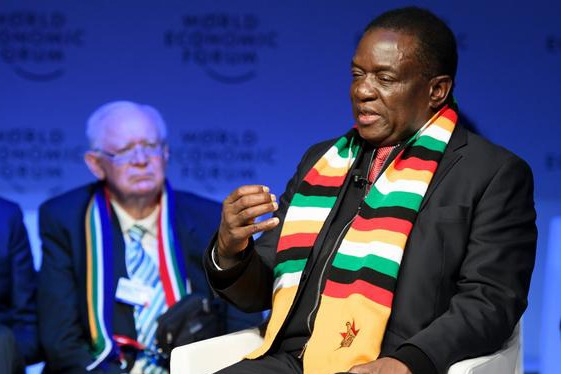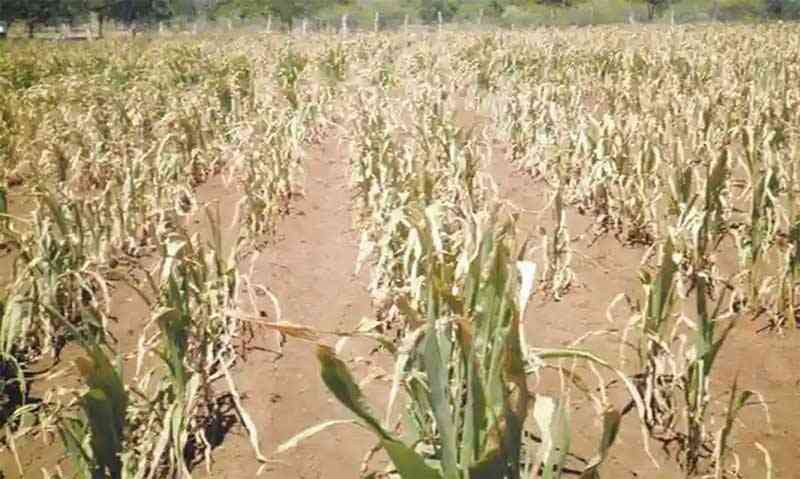
PRESIDENT Emmerson Mnangagwa has admitted the deteriorating state of the economy is due to decades of bad decisions made by the previous administration in which he occupied a key post.
BY TATIRA ZWINOIRA
Mnangagwa took over the reins last year after a military-backed operation led to the resignation of Robert Mugabe as President. Asked by BBC reporter Mishal Husain during the World Economic Forum (WEF) annual meeting in Davos, Switzerland, on Wednesday whether the state of the economy was due to many years of bad decisions from a ruling party in which he was a central figure, Mnangagwa responded in the affirmative.
“That is correct. This is why we said going into the future, we would want to embrace the international community. We also want the international community to embrace us and to do so, we must look at what is necessary to be done in order for the international community to accept us, in order for the international community to say ‘today, Zimbabwe is suitable for investment’,” Mnangagwa said.
“So, we must look at constraints investors were saying these are the things that determined their bringing capital into any destination. As you are aware, capital can go only where it feels comfortable. Why is it not feeling comfortable in Zimbabwe? We must address those issues.”
International bodies, economists and business organisations have, in the past, blamed toxic legislations such as the Indigenisation and Empowerment Act for scaring away potential investors.
Despite receiving inquiries with approved projects of $3 billion and $2 billion in 2015 and 2016 respectively, none of these projects have materialised.
Mnangagwa said the country had long lagged behind, but then now, it was open for business as he was looking “at all legislation, which we have that has been constraining business coming into Zimbabwe so that there is ease of doing business in Zimbabwe.” To date, the government has announced that the 51:49% indigenisation threshold would only apply to diamond and platinum mining in an ambitious bid to lure foreign investors into the economy.
- Chamisa under fire over US$120K donation
- Mavhunga puts DeMbare into Chibuku quarterfinals
- Pension funds bet on Cabora Bassa oilfields
- Councils defy govt fire tender directive
Keep Reading
Despite these efforts, investors are still holding back investment as evidence by the poor performance on the Zimbabwe Stock Exchange since November 2017.
Many investors remain sceptical over Mnangagwa, due to his role in the Mugabe-led administration.
Mnangagwa led a delegation to Davos, which was mainly staffed by government officials and a few private sector representatives, to lure investors into the economy.
Central bank governor John Mangudya told NewsDay from Davos that meetings with prospective investors were “going very well”. “They (meetings) are going on very well. We are selling the narrative that Zimbabwe is open for business and that there are plenty of business opportunities in Zimbabwe. That these opportunities need to be exploited to transform the economy in order to increase production, productivity, employment opportunities and foreign exchange receipts from foreign direct investment, exports and international remittances,” he said.
The 2018 edition of WEF opened on Tuesday and ends today.











